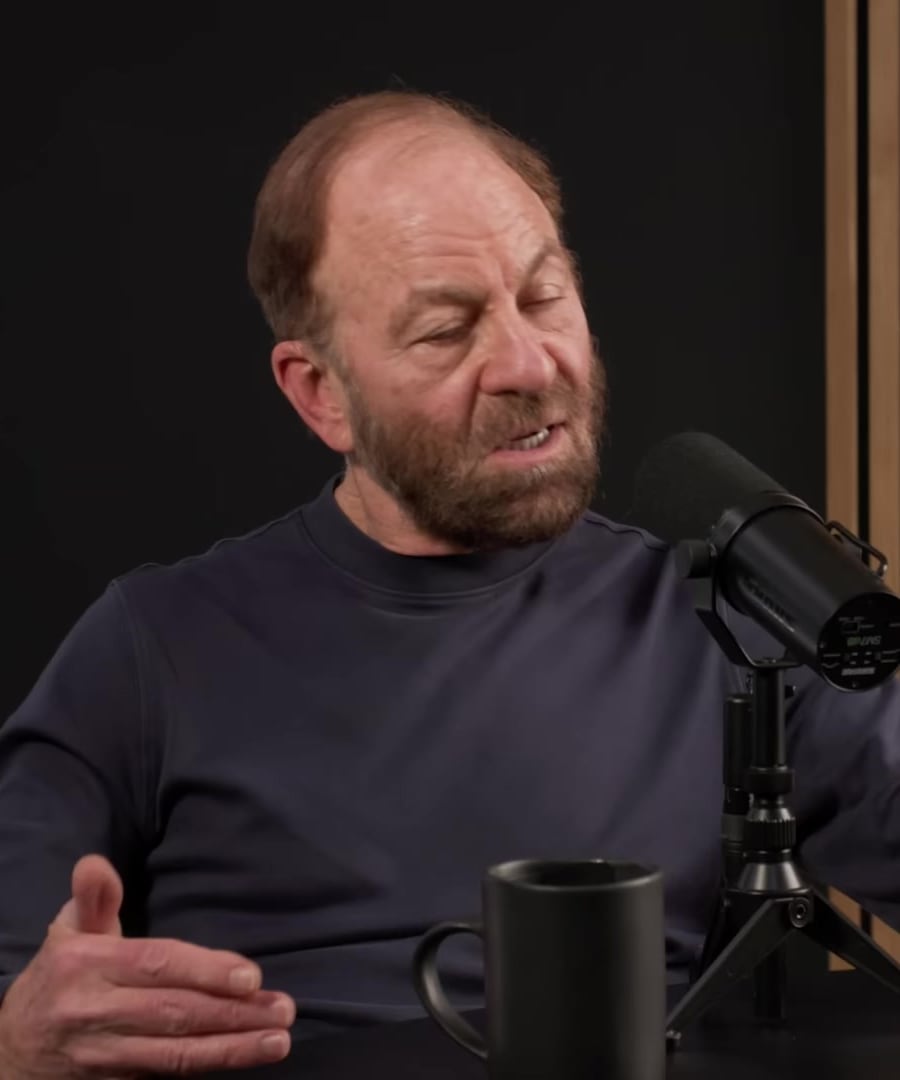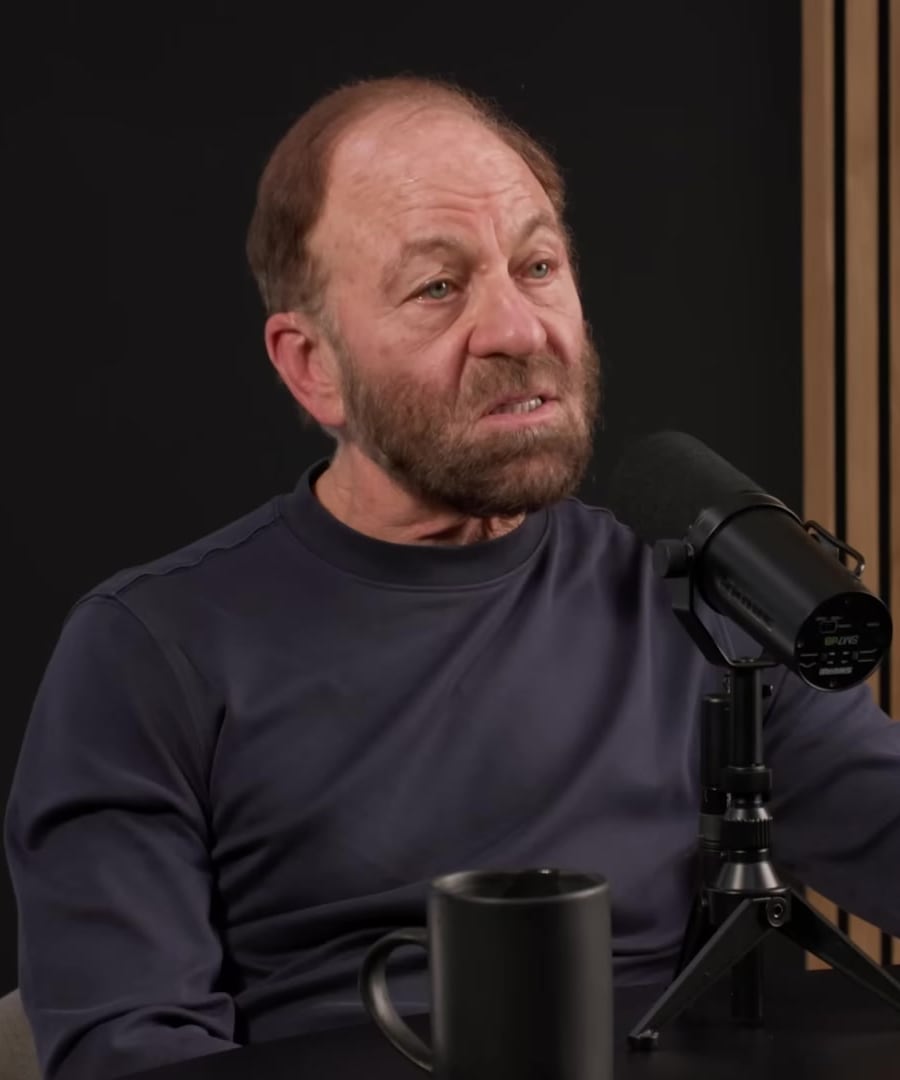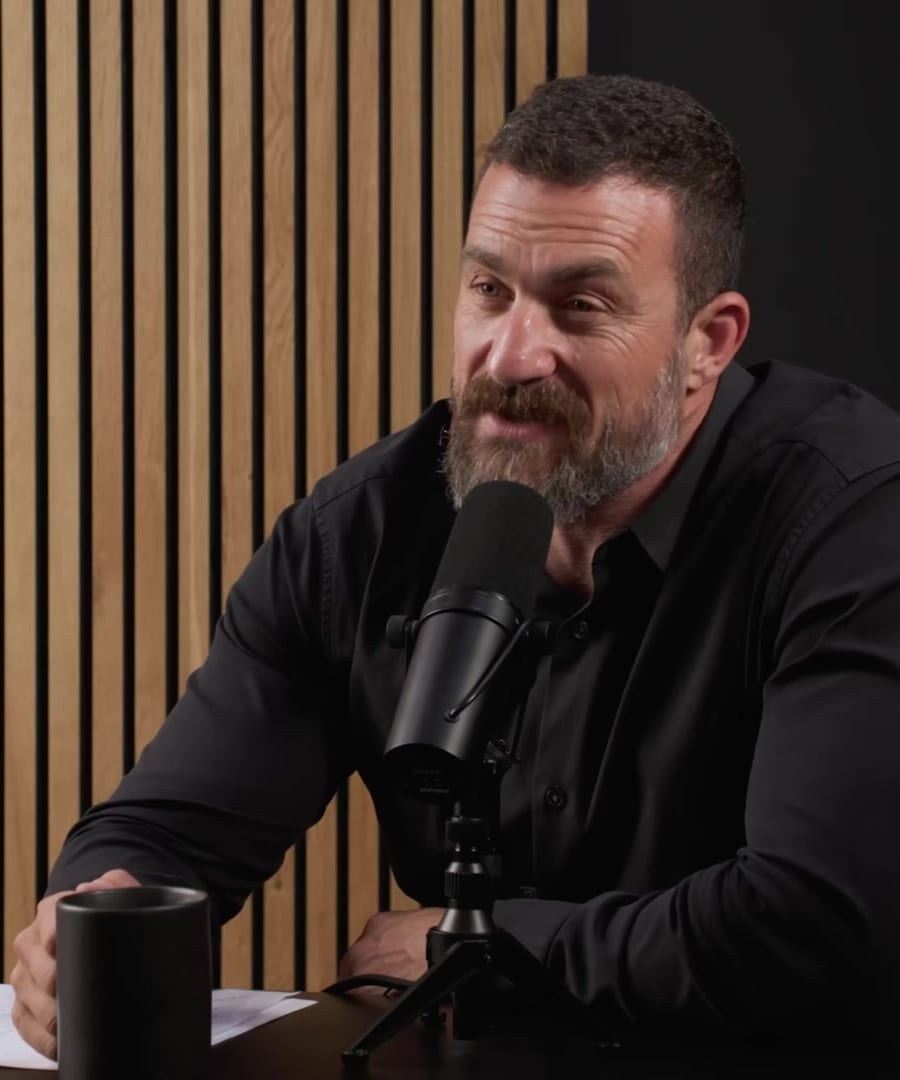Tell me about Gary Steinberg
Sources:
is a distinguished neurosurgeon and professor at Stanford University School of Medicine. He specializes in brain health and injuries, including concussion, traumatic brain injury (TBI), stroke, aneurysm, and transient ischemic attack (TIA). He serves as the Director of the Stanford Moyamoya Center and is the founder and Co-Director of the Stanford Stroke Center. He also previously chaired the Department of Neurosurgery, underscoring his leadership and expertise in the field.
RELATED QUESTIONSWhat projects is Gary Steinberg currently working on?
Sources:
is currently exploring several transformative projects focusing on brain health and recovery. Here are the main projects he is involved in:
-
Constraint Therapy in Stroke Recovery:
- discusses the benefits of constraint therapy, which involves forcing the use of impaired limbs in stroke patients to facilitate recovery and enhance brain plasticity. This approach has shown promising results in both animal studies and clinical trials involving stroke patients, where restraining the more functional limb forces the use of the less functional one, promoting recovery 1.
-
Stem Cell Therapy for Brain Injuries:
- He is deeply involved in the development and clinical testing of stem cell therapies for brain injuries. His work focuses not only on the direct benefits of these stem cells but also on their ability to modulate the immune system, which plays a significant role in brain plasticity and recovery. He highlights some groundbreaking results where patients have shown remarkable recovery from severe impairments 2.
-
Funding and Acceleration of Medical Research:
- also discusses the challenges and necessities of funding in medical research. He points out the critical role of sufficient funding and the interaction with regulatory bodies like the FDA to bring innovative therapies to the market. He emphasizes the need for more industry collaboration and potentially forming a company to support the large-scale trials needed to bring these therapies to clinical use 3.
These projects not only highlight his commitment to advancing medical science but also show his innovative approach to dealing with complex brain health issues.
RELATED QUESTIONS-
Tell me about Gary Steinberg
- RELATED QUESTIONS
What projects is Gary Steinberg currently working on?
- RELATED QUESTIONS


